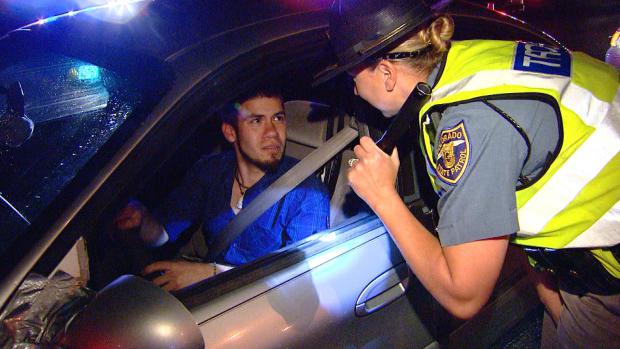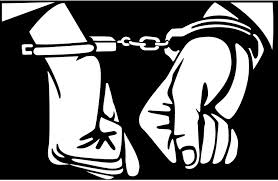The moment in history has arrived – enabling citizens to walk into a store and LEGALLY buy a bag of marijuana! But hold on a sec…
If there’s any way you can wait a few days to buy your legal weed from a recreational store in Washington State, you should. Seattle’s first retail pot shop, Cannabis City, is going to be a mob-scene when the doors open at (high) noon – and then they’re gonna run out of marijuana. The same will be true with the other 23 stores given retail licenses by the state today.
Though Washington State made weed legal a year and a half ago with the passage of Initiative 502, it’s taken some time to fine-tune the details. State agencies have had to vet growers, deal with inspections (now there’s a fun job!), quarantine herb before it could be shipped, and grant licenses to retailers who then had to install security cameras, tinted windows, pot-tracking software(!) and hopefully a Slurpee machine! (Imagine if they ran these kinds of background checks for folks trying to buy firearms!)
Right off the bat, there will be extremely limited supplies for ganja, as only 79 growers got the permits (from over 7000 applications!), and most those harvests won’t come in until late this month. So if you were looking forward to the PowerPurpleKushBerryCrunch that won the Cannabis Cup, yer gonna be waiting a bit longer. But hey – all good things are worth waiting for – besides, that SuperChronicHydroponic stuff will put you on the couch for days on end. Moderation, man! Prices will start high (up to $400 an ounce – ouch), but like Teslas, Furby dolls and the Galaxy S5, come down over time. Besides, would you rather pay $25 for a legal gram, or go black-market style, potentially rooming in the tank with Big Bubba while funding Mexican cartels and an over-crowded and money-sucking prison system?
Oh – and those Reefer’s Peanut Butter cup brownies you were so excited to try – that ain’t gonna happen anytime soon either. No edibles have so far been given the green light in Washington, as the process for licensing kitchens has been painfully slow. (Part of the debate has been a good one, with lawmakers wishing to make sure THC-laden edibles and sodas are not targeted to kids and that labels are clear enough even for Maureen Dowd to understand.) While I like the idea of child-resistant packaging, it’s hard enough for non-stoned adults to open a damn aspirin bottle, so I do hope they don’t make things too difficult…
Within a month or so, things will be running as smooth as the cool-kids have it goin’ on in Colorado, with varied and plentiful products, and more tax dollars than ever to blow on items like roads, infrastructure, and, hopefully, drug education and teacher’s salaries. Unlike Colorado, a major hurdle in Washington that has never been addressed is the way medical marijuana dispensaries will be treated. As of now, the myriad of retail regs are not being applied to these long-standing dispensaries, causing hell and havoc for many card-carrying marijuana patients who are truly in need and benefit greatly from the medicinal uses of weed.
The good news for those who do have marijuana cards – the strange gray-area they currently reside in allows them to purchase edibles of all-kinds – including licorice chews, gourmet chocolates and marijuana-infused hard candies. Not that I’ve tried any…
When it comes to the marijuana movement, it’s important to keep the mellow in mind, and visualize the Big Picture. As of this very moment: two States have legalized weed, and 20 more are scheduled to vote on the issue in the next two years. Like marriage equality, it’s going to happen – we just need the naysayers, Bible-thumpers and right-wing fundamentalists to come to their senses or, more likely, succumb to the will of the people – and the democratic process.





